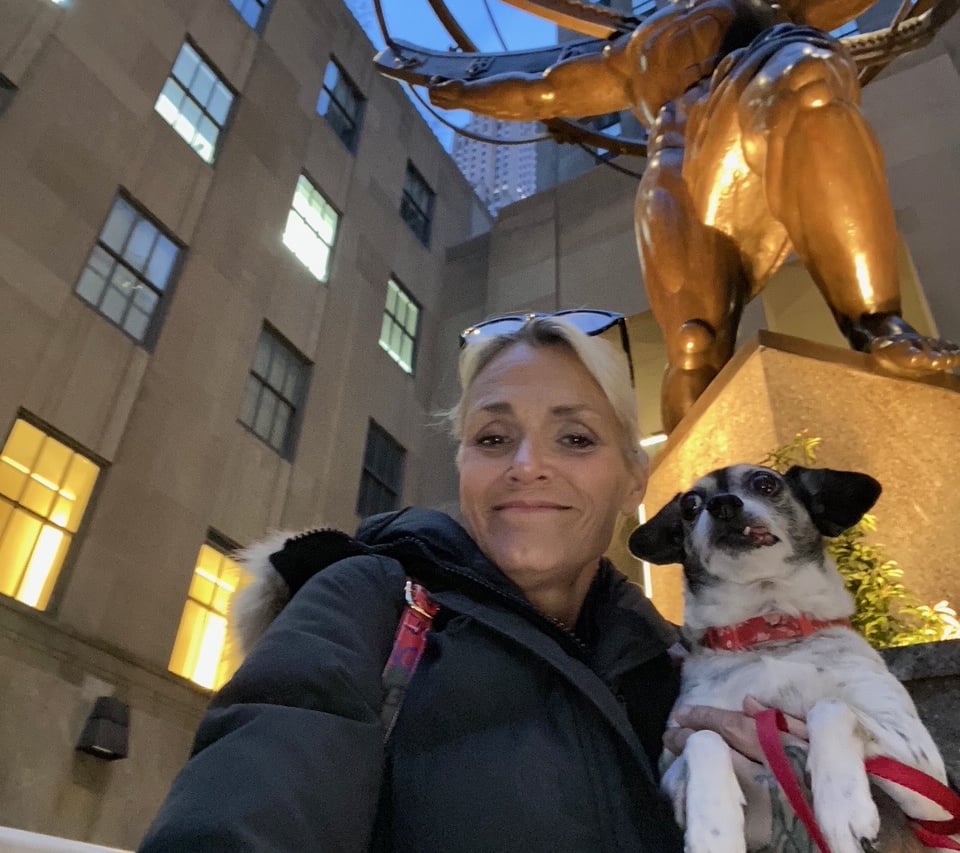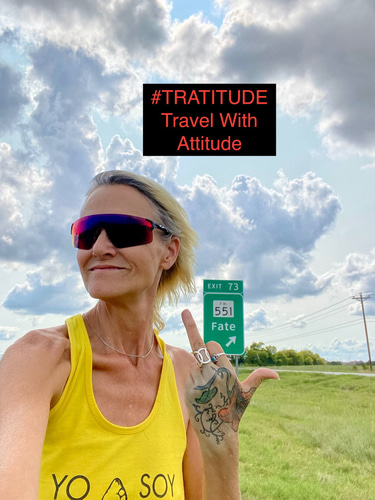Celebrating Life: A Holiday to Remember Those We've Lost
Celebrating Life by Honoring Sacrifice
Shannon Falk
12/6/20245 min read


The Importance of Remembrance
Remembrance plays a pivotal role in the human experience, particularly as it pertains to processing grief and maintaining connections with loved ones who have passed away. Taking time to reflect and honor those who have departed not only helps individuals cope with their loss but also serves as a way to celebrate the legacies these individuals left behind. The act of remembering connects us to our shared history and personal experiences, allowing the memories to enrich our lives even after the physical presence has vanished.
Various cultures and traditions emphasize the significance of remembrance. For instance, certain holidays are dedicated specifically to honoring the deceased, where individuals come together to share stories, light candles, or prepare favorite meals of those they have lost. These communal activities foster a sense of togetherness and help participants to engage in a shared mourning process. Such gatherings establish a supportive environment in which individuals can express their sorrow while also celebrating the joy and wisdom imparted by loved ones. Moreover, personal rituals—like visiting gravesites or creating memory boxes—offer unique, individual methods of remembrance that can be tailored to fit one's emotional needs.
Pursuing remembrance contributes to emotional healing; it allows for the acknowledgment of pain while also creating space for joy. As one reflects on the positive contributions of the deceased, the process promotes peace and acceptance, ultimately fostering resilience. This interplay between grief and gratitude can remind us that while loss is an inevitable part of life, the impact of those we cherish endures, transcending the boundaries of life and death. Engaging in remembrance instills a broader understanding of love, identity, and the impermanence of life, affirming that our connections remain strong despite the passage of time.
Cultural Practices Around the World
Across the globe, diverse cultures have cultivated unique rituals and holidays that pay homage to those who have passed away, while simultaneously celebrating the vibrancy of life. One of the most recognized celebrations is the Mexican Día de los Muertos, or the Day of the Dead, which occurs annually on November 1st and 2nd. This vibrant festival invites families to create altars adorned with photographs, food, and favorite items of their deceased loved ones. Through vibrant marigolds and sugar skull decorations, the holiday serves as a joyful reminder of the continuity of life, emphasizing that death is not an end, but a part of life’s cycle.
Similarly, in Japan, the Obon festival is a significant time for families to honor their ancestors, celebrated over several days in mid-August. During Obon, it is customary to return to one’s hometown to welcome the spirits of the deceased back home. Lanterns are lit to guide the spirits back, and families engage in traditional dances known as Bon Odori. This festival not only serves as a time for reflection and respect but also functions as a strong family bonding experience, fostering a sense of togetherness in the celebration of life.
Beyond these notable examples, other cultures engage in unique practices as well. In many African countries, such as Ghana, funerals are considered vibrant celebrations of life rather than somber events. The festivities often include elaborate ceremonies designed to honor the deceased with music, dancing, and storytelling, uniting the community in remembrance. Healthier discussions around mortality and legacy are encouraged, illustrating the universal phenomenon of intertwining life celebrations with remembrance rituals.
These cultural practices all embody a fundamental truth: while mourning is an intrinsic part of losing loved ones, celebrating their lives and memories fosters healing and continuity, demonstrating our enduring connection to those who have shaped our lives.
Creating Your Own Celebration of Life
Establishing a personal or community celebration of life can be a meaningful way to honor the memory of those we have lost. To begin planning your event, consider selecting a date that holds significant value, such as the birthday of the individual you wish to celebrate or the anniversary of their passing. This date can serve as a poignant reminder for everyone involved, fostering a deeper connection to the memories shared.
Next, inviting others to join in the celebration is essential. Reach out to family, friends, and community members who may have had a meaningful relationship with the individual. Encourage them to share their own stories and reflections, whether through verbal narratives, written tributes, or recorded messages. This collective sharing of memories can create a powerful atmosphere of support, allowing participants to bond over their shared experiences.
Incorporating symbolic gestures is another significant aspect of creating a celebration of life. For instance, a candle-lighting ceremony can be a beautiful way to symbolize enduring love and remembrance. Alternatively, consider planting a tree or flowers in memory of the loved one, which will not only serve as a lasting tribute but also contribute to the environment. Such acts can provide a tangible representation of their life and the continued impact they have on those around them.
Artistic expressions like music, poetry, and visual art can further enhance the atmosphere of your celebration. Curate a playlist of the individual's favorite songs or choose meaningful pieces that evoke memories. Encourage guests to contribute personal artworks or poems that reflect their sentiments and experiences. These creative elements will add depth to the event, making it a celebration filled with love, remembrance, and appreciation.
Through careful planning and heartfelt participation, creating a personal celebration of life can transform grief into a powerful testament of love and connection. This event serves as an opportunity for healing, reflection, and joy while ensuring that cherished memories remain alive in our hearts.
The Healing Power of Celebration
The therapeutic aspects of celebrating life after the loss of a loved one are profound and multifaceted. Engaging in a remembrance celebration provides individuals with an opportunity to honor the memories of those who have passed while simultaneously facilitating personal healing. Such celebrations create a supportive environment allowing for the expression of both grief and joy, recognizing the duality of emotions that often accompany loss.
Participating in or organizing a remembrance celebration can serve as a cathartic experience. According to psychological research, sharing memories within a community setting can enhance emotional resilience. This communal bond fosters not only support but also encourages open discussions about feelings that may otherwise remain unspoken. When individuals gather to reminisce, they may find solace in shared experiences, which can be especially comforting during periods of intense sorrow.
Numerous testimonials highlight the psychological benefits of these celebrations. For instance, a bereaved individual may express that attending a gathering in honor of their loved one helped them feel connected and less isolated in their grief. In this shared space, individuals often discover that they are not alone in their experiences of loss, and this realization significantly contributes to their healing process. Experts in grief counseling emphasize that it is normal for emotions to ebb and flow during these events, and facilitating a celebration of life can aid individuals in navigating their grief journey more effectively.
Moreover, a remembrance celebration can encompass various activities, including sharing stories, displaying photographs, or even engaging in activities that the deceased enjoyed. Each of these elements serves as a meaningful tribute and generates a positive focus, transforming the day into a profound, healing experience. The act of celebrating life ensures that the legacy of the loved one continues to live on in joyous remembrance, thereby fostering an atmosphere conducive to healing and emotional growth.

There are beautiful deaths that are filled with closure and that would be my dog Gigi
Then there are the Taboo Deaths, that "we" xenophobic American's are ignorant of, so I don't imagine these Americans have a Japanese passport stamp, and wouldn't understand the concept of a Seppuku. Hint, Japanese soldiers were used in WWII by their culture to "sacrifice" their lives. More on WWII and death and memorials to come, but for not let me say that my Nephew Gabriel? If you follow the guidelines of YouTube they require you to blur his face as though his death were less than the honorable sacrifice he made as if to say. Something is very wrong with my family. So very wrong that I will go out in such a way that nobody will mistake me, but the dead cannot speak and a narcissistic family will cover up this death and so this aunt is here to remember his sacrifice. In the world of Durkheim "sociology" he his suicide was altruistic.



